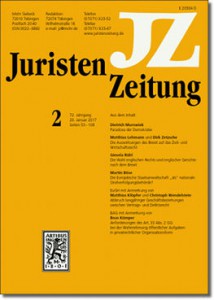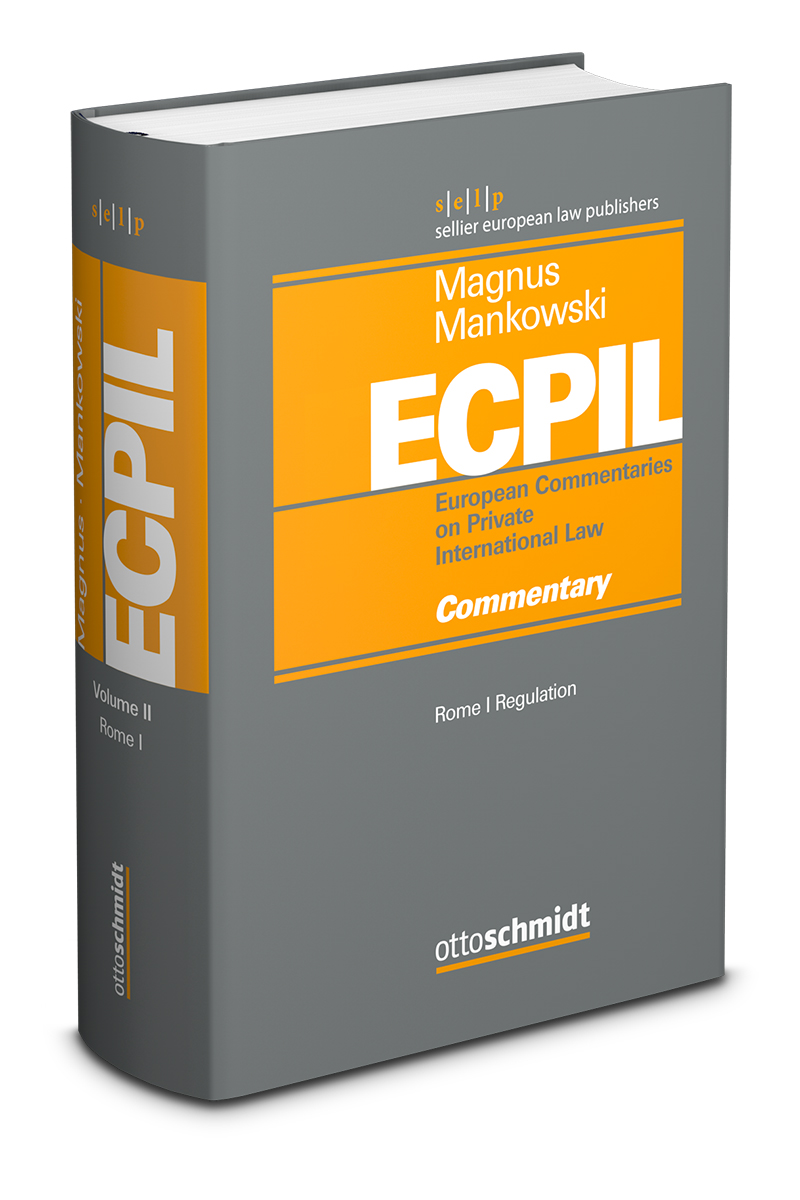By Ekaterina Aristova, PhD in Law Candidate, University of Cambridge
On 26 January 2017, Mr Justice Fraser, sitting as a judge in the Technology and Construction Court, ruled that a claim against Royal Dutch Shell plc, an English-domiciled parent company (“RDS”), and its Nigerian operating subsidiary Shell Petroleum Development Company of Nigeria Ltd (“SPDC”) will not proceed in the English courts. These proceedings represent one of the many private claims brought by the foreign citizens in the courts of the Western states alleging direct liability of parent companies for the overseas human rights abuses. Despite an increased number of such foreign direct liability cases in the English courts, the issue of jurisdiction still remains one of the principle hurdles faced by the claimants and their lawyers in pursuing civil litigation against transnational corporations (“TNCs”) outside the territory of the state where main events leading to the alleged crime took place and damage was sustained.
Last year, Mr Justice Coulson allowed a legal claim against English-based mining corporation Vedanta Resources plc and its Zambian subsidiary to be tried in England. The overall analysis of the judgement in Lungowe v Vedanta Resources plc suggested that (i) the claims against the parent company in relation to the overseas operations of the foreign subsidiary can be heard in the English courts; and (ii) the existence of an arguable claim against the English-domiciled parent company also establishes jurisdiction of the English courts over the subsidiary even if the factual basis of the case occurs almost exclusively in the foreign state. Although Mr Justice Fraser has not questioned any of the conclusions reached by his colleague, he made it very clear that establishing an arguable claim on the liability of the English-domiciled parent company for the foreign operations of its overseas subsidiary is a challenging task.
The claimants in Okpabi v Shell were Nigerian citizens who commenced two sets of proceedings against RDS and SPDC. The first claim was brought on behalf of the Ogale community, while the second was initiated by the inhabitants of the Bille Kingdom in Nigeria. Both claims alleged serious and ongoing pollution and environmental damage caused by oil spills arising out of the Shell operations in and around the claimants’ communities. The claimants argued that RDS breached the duty of care it owed to them to ensure that SPDC’s operations in the Niger Delta did not cause harm to the environment and their communities. The claims against SPDC were brought on the basis that it was a necessary or proper party to the proceedings against RDS. The defendants argued that both claims have nothing to do with England and should proceed in Nigeria. They claimed that RDS was used as an “anchor defendant” and a device to ensure that the real claim against SPDC was also litigated in England.
Mr Justice Fraser has responded to these arguments by raising several questions which should have been answered in order to assert jurisdiction of the English courts over both claims (at [20]). It was agreed by both of the parties that the principal question was whether the claimants had legitimate claims in law against RDS. In the opinion of the judge, the claimants failed to provide evidence that there was any duty of care upon RDS as an ultimate holding company of the Shell Group for the acts and/or omissions of SPDC, and the claims against RDS should not proceed (at [122]). In the absence of the proceedings against RDS, the claims against SPDC did not have any connection with the territory of England as they were brought by the Nigerian citizens against Nigerian company for the breach of Nigerian law for acts and omissions in Nigeria (at [119]). Hence, application of SPDC also succeeded (at [122]).
Analysis of the Shell Group corporate structure and its relevance to the existence of the duty of care of the parent company represents the core of the judgement. The judge relied on the fact that RDS was a holding company with no operations whatsoever (at [114]). He took into account that only two officers of RDS were members of the Executive Committee of the Shell Group; RDS only dealt with the financial matters of the group’s business that affect it as the ultimate holding company; it did not hold any relevant license to conduct operations in Nigeria; and it did not have specialist knowledge on the oil exploration (at [114-116]). Mr Justice Fraser noted that evidence on the part of the claimants was “extremely thin” and “sketchy” (at [89]). The claimants heavily relied on the public statements by RDS regarding control over SPDC and environmental strategy of the Shell Group (at [99]). The judge did not consider that such evidence could alone demonstrate that RDS owed a duty of care to the claimants. Mr Justice Fraser stated that separate legal personality of the constituent entities of corporate group represents a fundamental principle of English law (at [92]) and claimants failed to provide evidence of high degree of control and direction by RDS sufficient to meet the three-fold test on the existence of duty of care set by Caparo Industries plc v Dickman and clarified by Chandler v Cape.
The judgment raises several sets of issues. First of all, it clearly confirmed the dominance of the entity-based approach to the nature of TNCs. It was established that certain powers of RDS such as adoption of the group policies does not alone put it in any different position than would be expected of an ultimate parent company (at [102, 106]). In this sense, decision of Mr Justice Fraser is in line with previous practice of the UK courts on the rules of jurisdiction in cases involving TNCs. Thus, in Young v Anglo American South Africa Limited, the Court of Appeal ruled that the powerful influence of the parent company does not by itself causes legal consequences, and should not have any impact on the determination of the domicile of the subsidiaries. Secondly, the judge argued that any references to Shell and Shell Group made by RDS in public statements do not dilute the concept of separate legal personality. This finding is of utmost importance since “common legal persona” is often considered to be not only a particular feature of TNC itself but the factor evidencing that parent company and the subsidiary operate as a single economic unit.
Moreover, attention should be paid to the note of warning expressed by Mr Justice Fraser with respect to the scale of the litigation against Shell. It was stated that approach of the parties to produce an extensive amount of witness and expert statements, authority bundles and lengthy skeleton arguments is “wholly self-defeating and contrary to cost-efficient conduct of litigation” (at [10]). It is inevitable, however, that mass tort actions against TNCs raise a number of complex legal and factual issues which require examination of the considerable amount of evidence, authorities and data. Given the fact that UK Parliament is currently in the process of Human Rights and Business inquiry, including access to effective remedy in the UK, the burden of litigation against TNCs on the English courts could easily become a policy argument.
The judgement in Okpabi v Shell definitely has an impact on the development of the tort litigation against TNCs in the English courts. Amnesty International has suggested that it “gives green light for corporations to profit from overseas abuses”. Although the judge did not fundamentally challenged the Vedanta decision, the strict adherence to the entity-based legal concepts suggests that the novel foreign direct liability cases are still far from advancing to the new level. Leigh Day, solicitors representing the Nigerian communities, have already confirmed that their clients will appeal the decision of Mr Justice Fraser. Even if the Court of Appeal reverses the ruling, the claimants would still struggle in establishing direct liability of the parent company for environmental pollution in Nigeria, since the jurisdictional test is easier to meet as opposed to a liability one. It has become known that Vedanta decision is itself being appealed by the corporate defendants. In any case, 2017 promises to be a momentous year for the victims of corporate human rights abuses looking at the English courts as their last hope for justice.
 The current issue of the JuristenZeitung features two articles dealing with the effects of Brexit on private and economic law, including private international law.
The current issue of the JuristenZeitung features two articles dealing with the effects of Brexit on private and economic law, including private international law.
